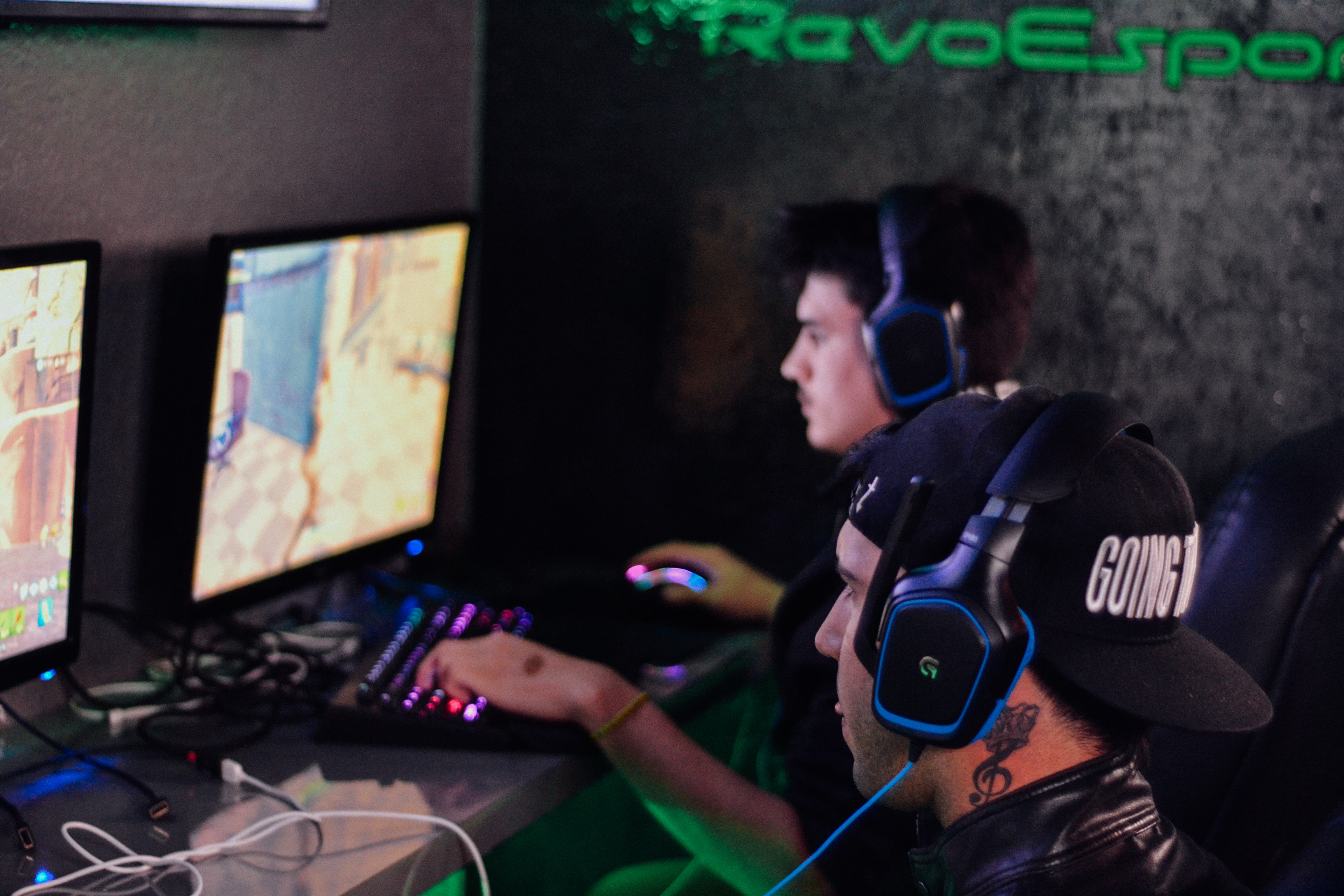Following a 2018 ruling from the Supreme Court in the US, sports betting became legal. Since then, a range of sportsbooks has set up shop in the US depending on state legislature. According to Statista, the betting boom is set to continue until 2025, when the industry will be worth $8 billion in the US alone.
Already, sportsbooks are diversifying their offerings. Some accept bets on politics, while others focus on ‘prop’ bets for major events like the Super Bowl. Even more are pivoting to offer eSports markets. Though betting is worth billions worldwide, eSports ballooned to a worth of over $1 billion this year, marking a 50% increase from 2020.
There’s a clear overlap for investors in either eSports or betting. Even so, traditional sportsbooks that are offering free bets with no deposits keep the focus on popular leagues and events, from the NFL to the World Cup. Esports offerings are limited to the most popular games, from Counter-Strike to DOTA 2.
This is likely to change in the coming years, but it’s still unclear whether existing sportsbooks will be able to launch their markets in time to compete with oddsmakers that focus solely on gaming. Right now, it’s a race to develop the most reliable machine learning algorithms, which set out odds after crunching data.
How it Works
A machine learning algorithm is an AI program (or a procedure) that uses data sets to identify patterns. Once a pattern is identified, the algorithm ‘learns’ from the pattern, which means they’re integrated into the algorithm’s data set. In this way, an algorithm can continue perfecting its procedure by interacting with more and more data.
Machine learning algorithms are ideal for eSports betting for a few reasons. First, eSports data exists solely in a digital realm, which means it’s easy to connect algorithms to huge sets of historical data. Unlike traditional sports, this information has been neatly logged since the birth of video games.
Second, machine learning algorithms can deal with game changes. Though most eSports classics like Counter-Strike are updated minimally by developers, games like League of Legends have changed immensely over time.
Players have to adapt to new features — but so do sportsbooks, as bets will change accordingly. An algorithm can better predict how these changes will affect a player or team’s odds. So far, it seems most algorithms are being adapted for a specific game. This enables them to collect larger sets of data to identify patterns. One self-made machine learning eSports program found quick success with DOTA and Counter-Strike, but struggled with LoL.
Looking ahead, live betting will evolve in the realm of eSports. Offerings are extremely limited in consideration to in-play betting during tournaments. However, ‘experienced’ machine learning algorithms can handle and transmit data in real-time to enable live betting features.

Deviating From the Traditional Sports Model
At the moment, traditional sportsbooks that focus on football and tennis rely on data along with human insight to set their odds. Many popular sportsbooks are developing their own algorithms, but it’s unlikely these will fully replace pundits with decades of experience.
These algorithms are often called ‘computer picks’ in the realm of regular sports betting. Human analysts work closely with computer picks to round out their predictions, as factors like home field advantage, injured players, and even the weather can greatly affect a team’s odds.
Invariably, both traditional and eSports see huge upsets for major events. However, machine learning algorithms are set to offer highly accurate predictions for video game punters. This brings up another question: will people still bet on eSports if the odds are highly accurate? In other words, who would back the underdog when a machine learning algorithm knows who will win?
Though the answer remains to be seen, it’s clear that machine learning technology will be a fundamental aspect of eSports. Aside from forecasting accurate odds, these programs can also be used to regulate the industry, from cheating to reward tracking.

Be the first to comment